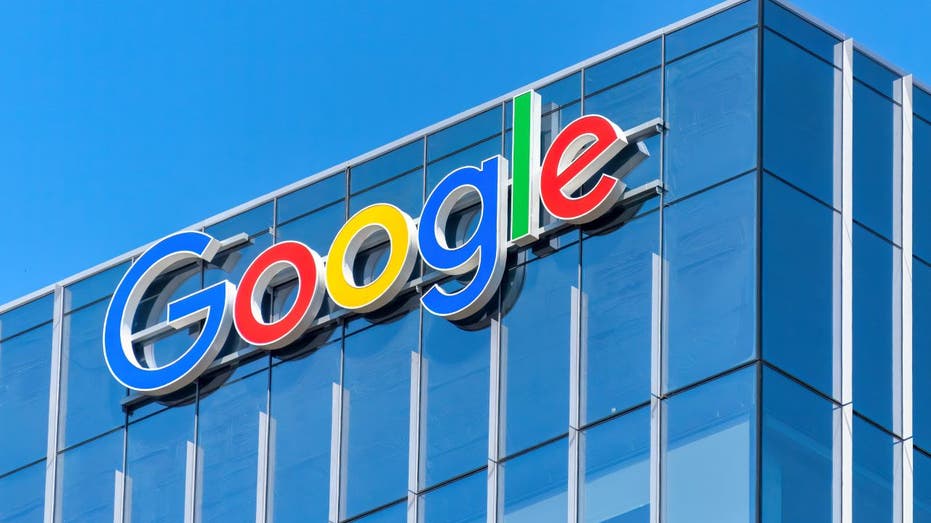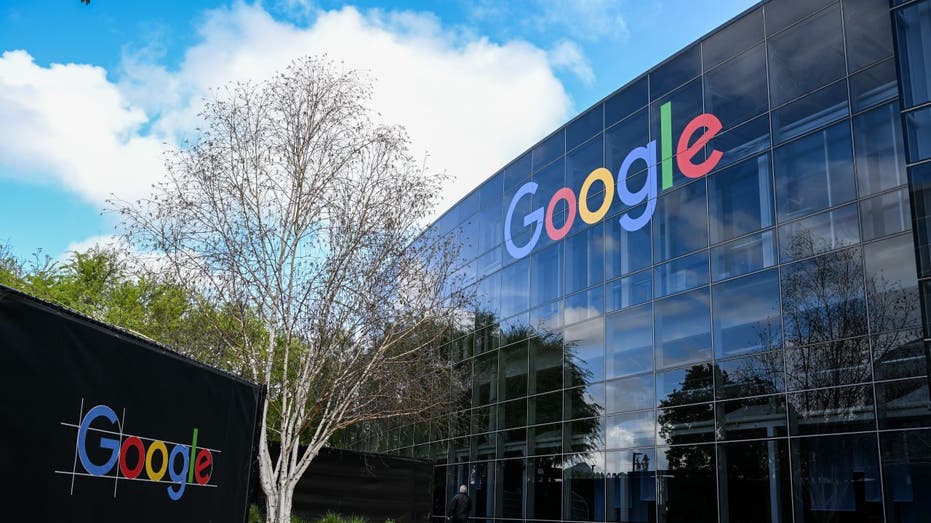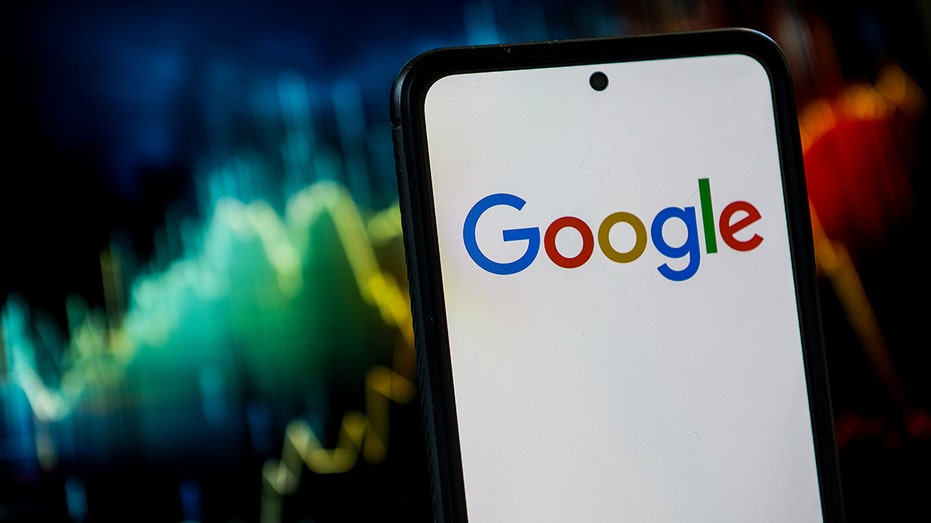Federal judge rules Google has a monopoly in ad tech
"Google further entrenched its monopoly power by imposing anticompetitive policies on its customers and eliminating desirable product features," Judge Leonie Brinkema said.
DOJ calling for Google breakup is a 'fairy tale solution,' media exec says
Zen Media CEO Shama Hyder weighs in on the DOJ calling for the break-up of Google and the sale of its Chrome browser.
A federal judge ruled Alphabet-owned Google has monopolies in the online publisher ad server and ad exchange markets.
That ruling was from U.S. District Court for the Eastern District of Virginia Judge Leonie Brinkema.
In her ruling, she said Google "has willfully engaged in a series of anticompetitive acts to acquire and maintain monopoly power in the publisher ad server and ad exchange markets for open-web display advertising."

Logo of Google on its skyscraper in Toronto on July 29, 2024. (Roberto Machado Noa/LightRocket via / Getty Images)
"For over a decade, Google has tied its publisher ad server and ad exchange together through contractual policies and technological integration, which enabled the company to establish and protect its monopoly powers," part of her ruling said. "Google further entrenched its monopoly power by imposing anticompetitive policies on its customers and eliminating desirable product features."
GOOGLE PURCHASE STARTUP WIZ FOR $32 BILLION
She found "exclusionary conduct" by Google "substantially harmed Google’s publisher customers, the competitive process, and, ultimately, consumers of information on the web."
The federal government and 17 states that made up the plaintiffs in the case had also alleged Google had a monopoly in another ad-tech market — advertiser ad networks — but Brinkema found their arguments on that insufficient, according to the ruling.
The decision clears the way for another hearing to determine what Google must do to restore competition in the publisher ad server and ad exchange markets, such as sell off parts of its business at another trial that has yet to be scheduled. It is the second ruling that Google violated antitrust laws, following a similar judgment in a case over online search.

A view of Google headquarters in Mountain View, California, on March 23, 2024. (Tayfun Coskun/Anadolu via / Getty Images)
In August of last year, another federal judge found Alphabet was in breach of federal antitrust laws as it reinforced its dominant position over online searches and related advertising. A Google spokesperson told FOX Business at that time it planned to appeal that decision.
GET FOX BUSINESS ON THE GO BY CLICKING HERE
The Antitrust Division of the Department of Justice issued a statement saying, "This is a landmark victory in the ongoing fight to stop Google from monopolizing the digital public square," said Attorney General Pamela Bondi. "This Department of Justice will continue taking bold legal action to protect the American people from encroachments on free speech and free markets by tech companies."
"The Court’s ruling is clear: Google is a monopolist and has abused its monopoly power," said Assistant Attorney General Abigail Slater of the Justice Department's Antitrust Division. "Google’s unlawful dominance allows them to censor and even deplatform American voices. And at the same time, Google destroyed and hid information that exposed its illegal conduct. Today’s opinion confirms Google’s controlling hand over online advertising and, increasingly, the internet itself. I am extraordinarily proud of the dedicated public servants whose tireless efforts led to today’s decision."
Following the Thursday ruling in the ad-tech case against Google, Lee-Ann Mulholland, Google vice president of regulatory affairs, said the company "won half of this case" and "will appeal the other half."
"The Court found that our advertiser tools and our acquisitions, such as DoubleClick, don’t harm competition," she said. "We disagree with the Court’s decision regarding our publisher tools. Publishers have many options and they choose Google because our ad tech tools are simple, affordable and effective."
The trial over Google’s ad-tech occurred over a few weeks in September of last year.
That arose out of a lawsuit that the federal government and eight states filed in January 2023. Nine other states joined the lawsuit in April of that year.

The Google logo is displayed on a smartphone on Oct. 24, 2023. (Mateusz Slodkowski/SOPA Images/LightRocket via / Getty Images)
The 17 states are California, Colorado, Connecticut, New Jersey, New York, Rhode Island, Tennessee, Virginia, Arizona, Illinois, Michigan, Minnesota, Nebraska, New Hampshire, North Carolina, Washington and West Virginia, according to Brinkema’s ruling.
GOOGLE MUST SELL CHROME BROWSER IN MOVE TO END MONOPOLY ON INTERNET SEARCHES, DOJ SAYS
Google now faces the possibility of two U.S. courts ordering it to sell assets or change its business practices. A judge in Washington will hold a trial next week on the Justice Department's request to make Google sell its Chrome browser and take other measures to end its dominance in online search.
Reuters and FOX Business’ Grady Trimble and Eric Revell contributed to this report.




















